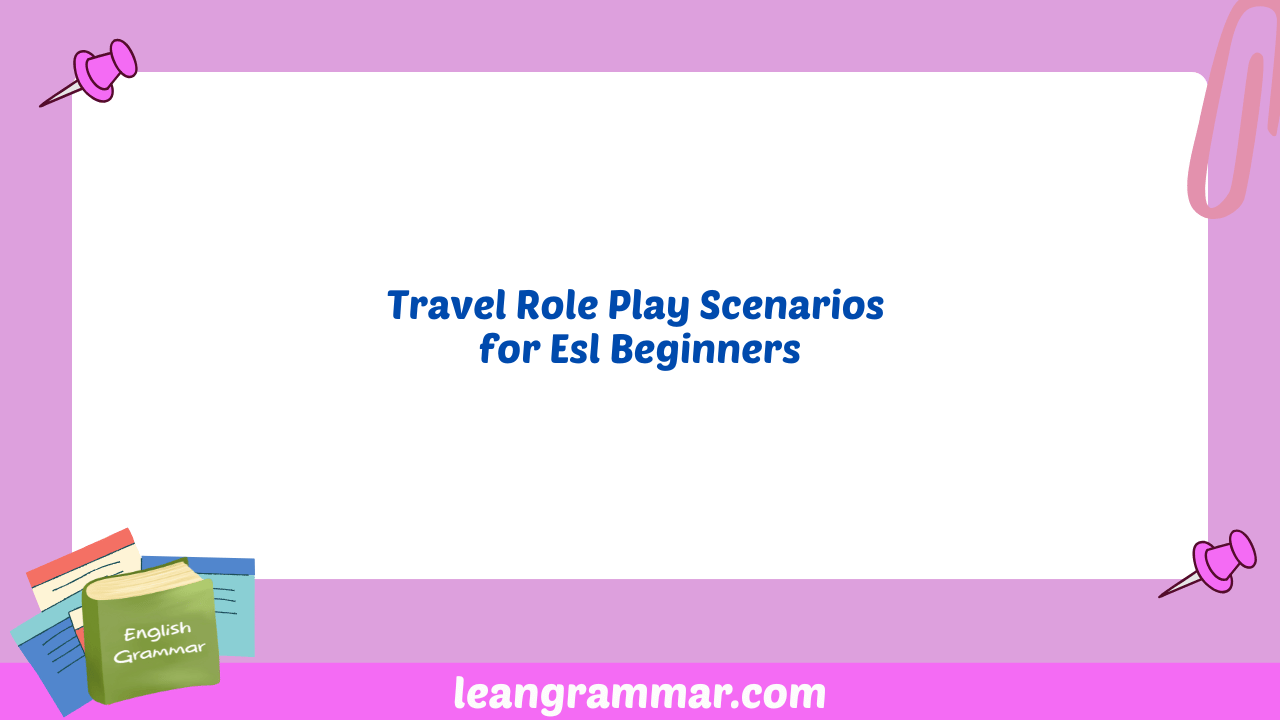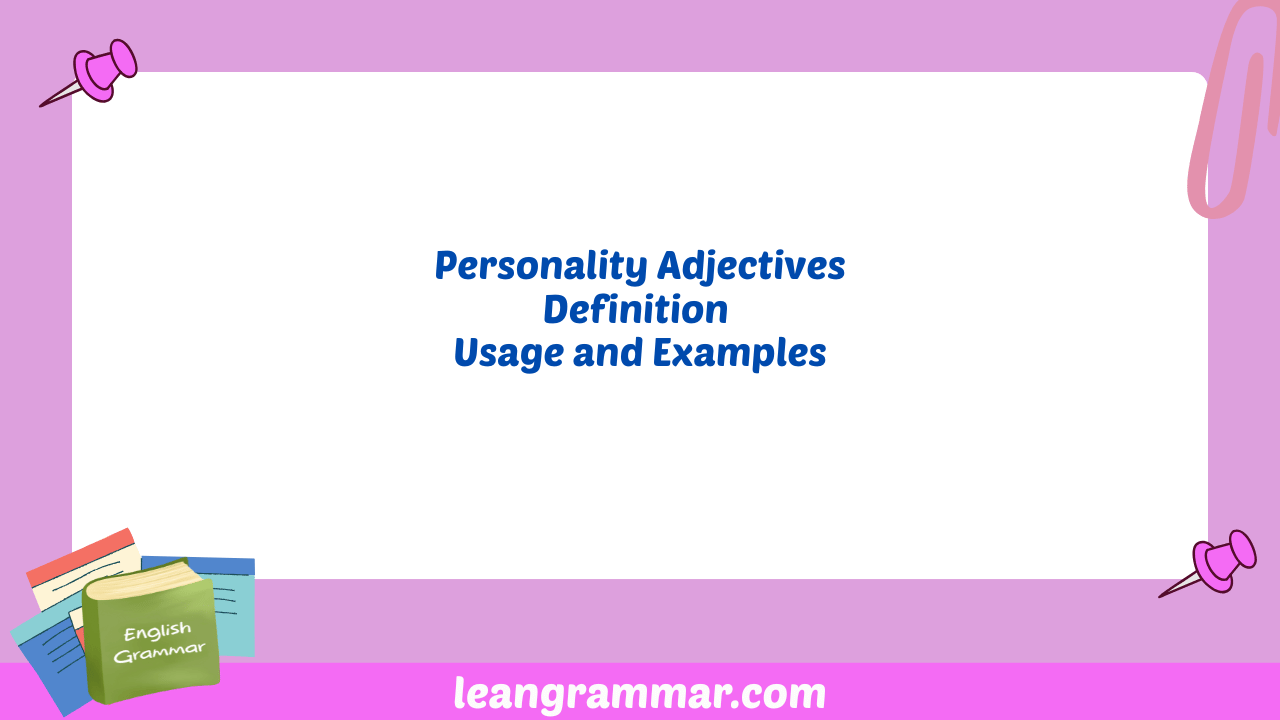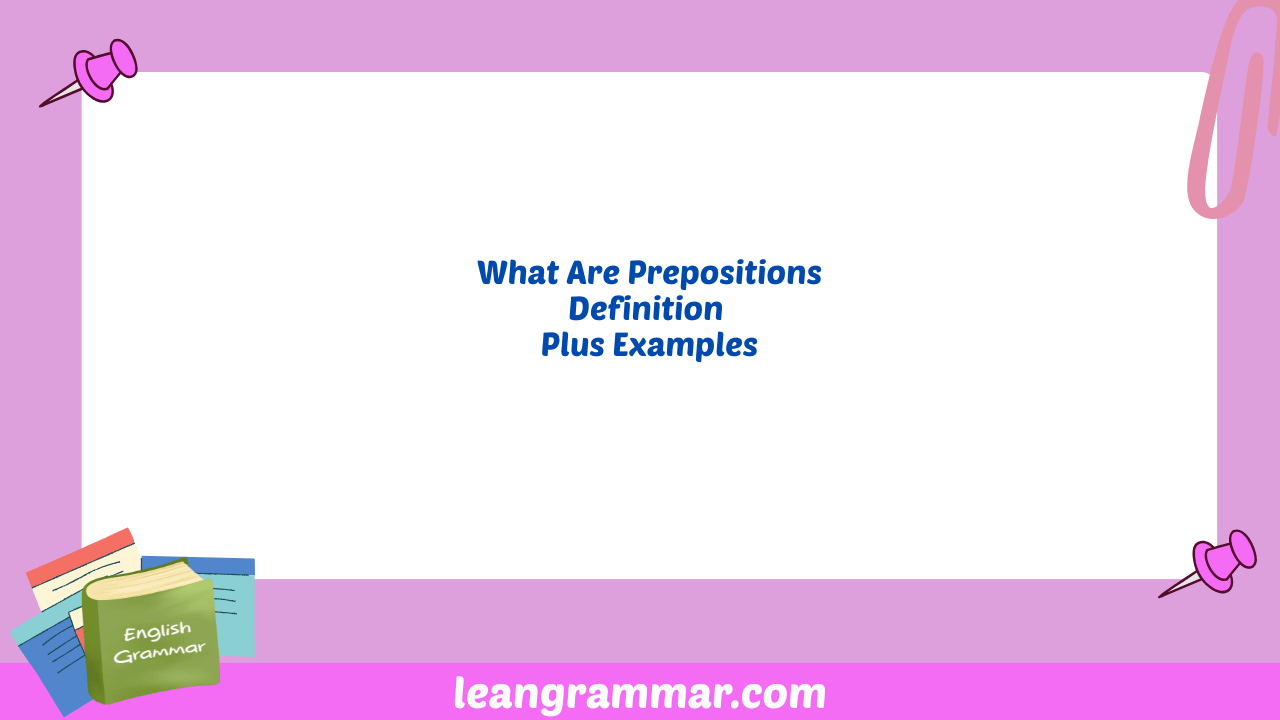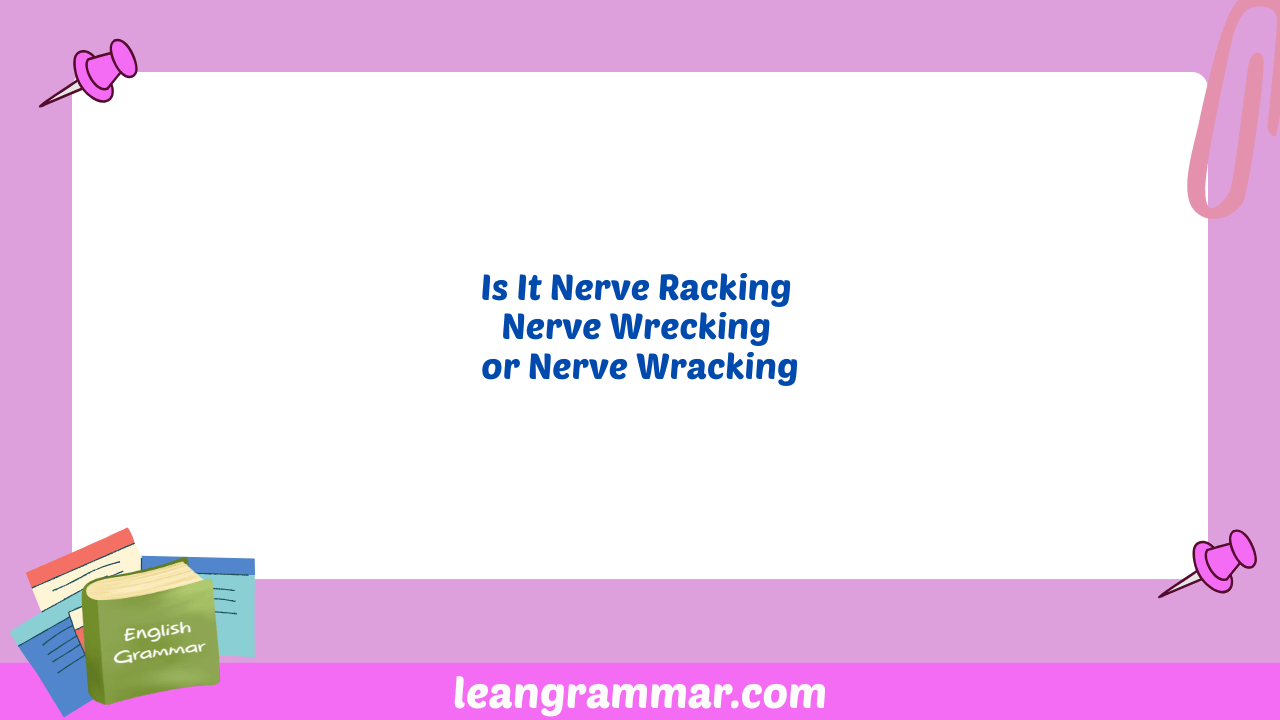Travel Role Play Scenarios: ESL Beginners’ Guide
Travel role-play scenarios are an invaluable tool for ESL beginners, providing a practical and engaging way to learn and practice essential English skills. By simulating real-life travel situations, learners can build confidence in their ability to communicate effectively in English while mastering key vocabulary, grammar, and conversational phrases. This approach not only enhances language acquisition … Read more









